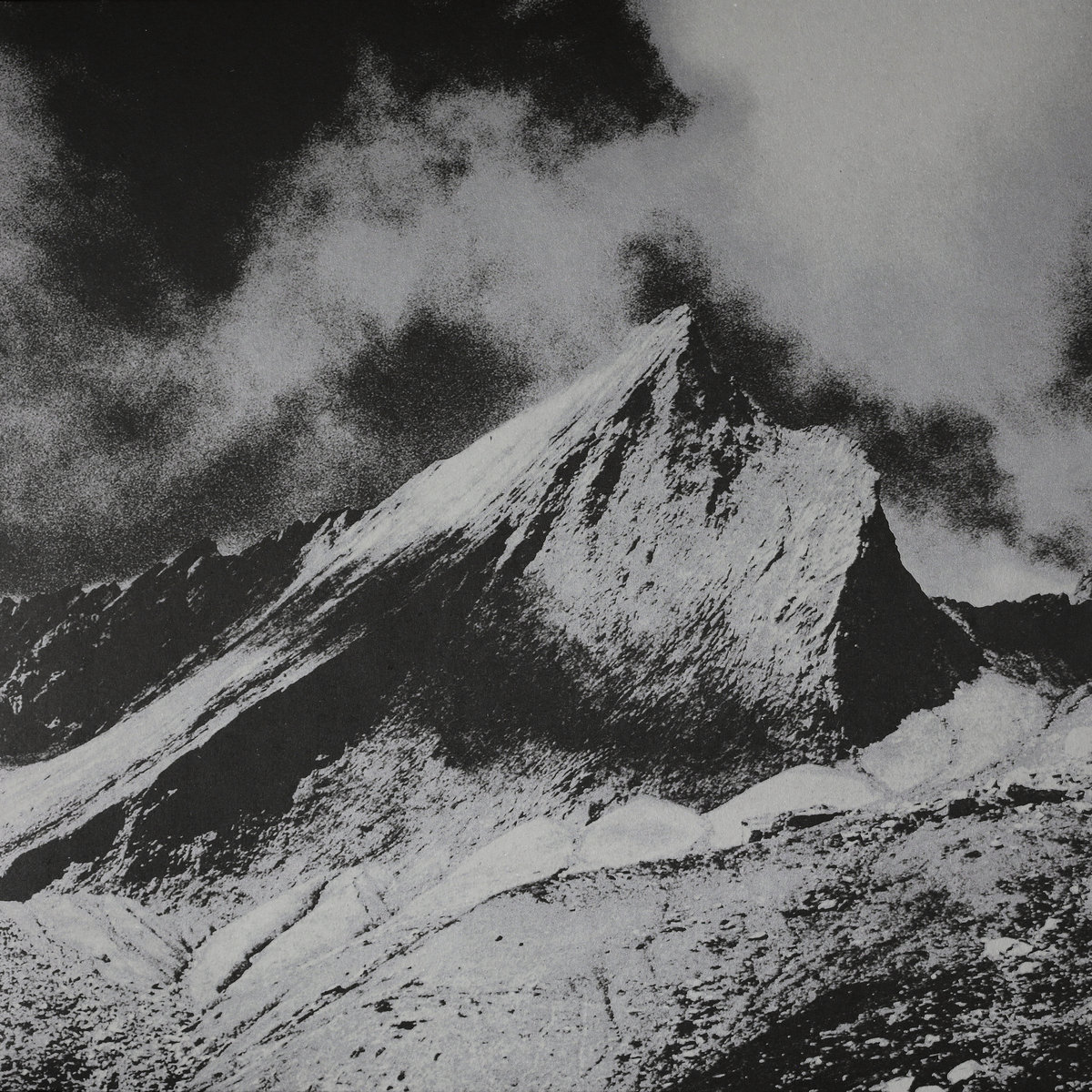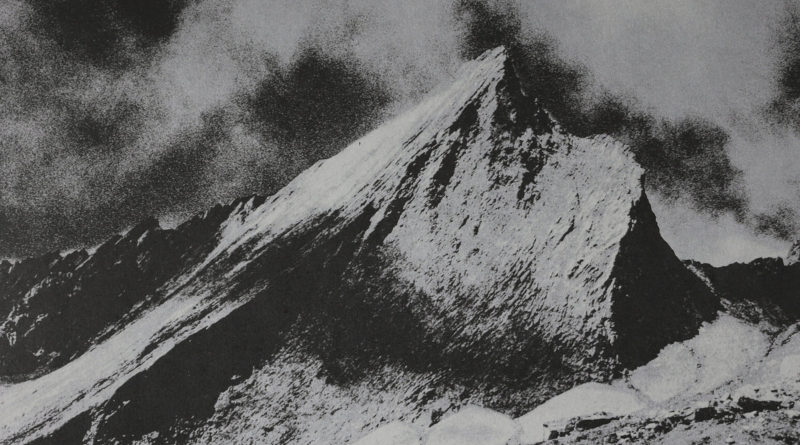ALBUM REVIEW: Degen van Licht – Turia
TURIA have been making waves within the atmospheric black metal scene ever since their debut album Dor first saw the light of day back in 2015. The band play a heady mix of bestial, minimalist black metal with a solid, epic feel to it that sees the band’s sound sway between stygian cacophony and lighter, sublime moments between any two given songs. The band’s latest, third album, Degen van Licht, their first piece of new music in over three years, is a prime example of how this band are able to shift interchangeably between these two varying styles, with mixed results.
I acts as a discordant instrumental piece that creates a powerful atmosphere for the rest of the album straight away. It’s a jarring sea of grating feedback that immediately draws the listener in immediately. Merode, the first full song on Degen van Licht, is an aggressive piece of music with a sludgy bass line, focused drumming and some feral vocals which give the track song a chaotic and intense feel. The guitars, by contrast, blend the urgency of the music with an ethereal edge, giving Merode a grandiose quality. Met sterven beboet, a murky, haunting track with some bleak lead guitars, has a very good start, and then quickly descends into a cacophonous aural assault that hardly lets up as the track progresses. As it continues, Met sterven beboet begins to run out of steam due to the fairly repetitive approach of the music. Although it’s a decent track on the whole it does outstay it’s welcome.
Degen van Licht‘s titular track proves to be a far more driven and imaginative track than the two that came before it, with much more focused guitar work and authoritative, tight drumming, which aids the music no end. The vocals, minimal yet bellicose, carve through the mix and add a rabid, acidic snarl to the music, providing an excellent counterpoint to the far more epic edge that the bulk of the music possesses. It a great example of how sometimes blistering speed and dizzying, demented musicianship aren’t always necessary when it comes to writing good, primal black metal. Storm doubles down on the groundwork laid on the previous song, with the guitar sound becoming noticeably sharper, and the drums following suit, making for a tight and focused sound with a few more melodic flourishes thrown in for good measure. Likewise, the vocals, which to this point have been hellish howls and atonal shrieks for the most part, become more shrill and wraith-like, punctuating the intensity of the music with a cold and ferocious exclamation point that works incredibly well. It’s an excellent, gargantuan affair that proves to be the most impressive and enduring track on the record.
II, unlike its twin which opened the record, is a relatively sublime and ambient heavy number, contrasting the general noise that this album began on with an airy and polished sound, with a few sparse percussive elements added to give this a dark, almost primordial feel. It may only be a short track, but it works incredibly well at this point on the record, and sets the listener up for the seventh and final track, Ossifrage, extremely well.
This final, monolithic offering, spanning twelve and a half minutes, initially appears to be reverting to the dissonant and anarchic sound that defined the first three songs on Degen van Licht, quickly shifts into a steady and bleak black metal passage. The drums set a solid tempo with full guitar parts building a powerful sound right off the bat. The vocals once again have a more restrained, rasping quality to them, although, as Ossifrage gathers momentum it does begin to stray ever so slightly into a more bestial form of delivery. Here, TURIA manage to strike a balance between the dirtier and grimmer approach of the first three songs, whilst still maintaining much of what made the three tracks that came before this much more catchy. Given TURIA has a fairly minimalist songwriting style, this is a surprisingly eclectic and varied track, which keeps the music interesting right to the very end, bringing the album to a close at one of its better points.
Degen van Licht is an album of two halves in many ways; the first half has a much clumsier and more unpolished sound to them, opting for a more primal delivery. Luckily, as the album progresses, the sound begins to evolve into a far sharper, more focused style, which ultimately redeems the record. This proves to be a solid release from TURIA, though the trio should opt for their tighter sound in future as this is when they are at their best.
Rating: 6/10

Degen van Licht is out now via Eisenwald.

